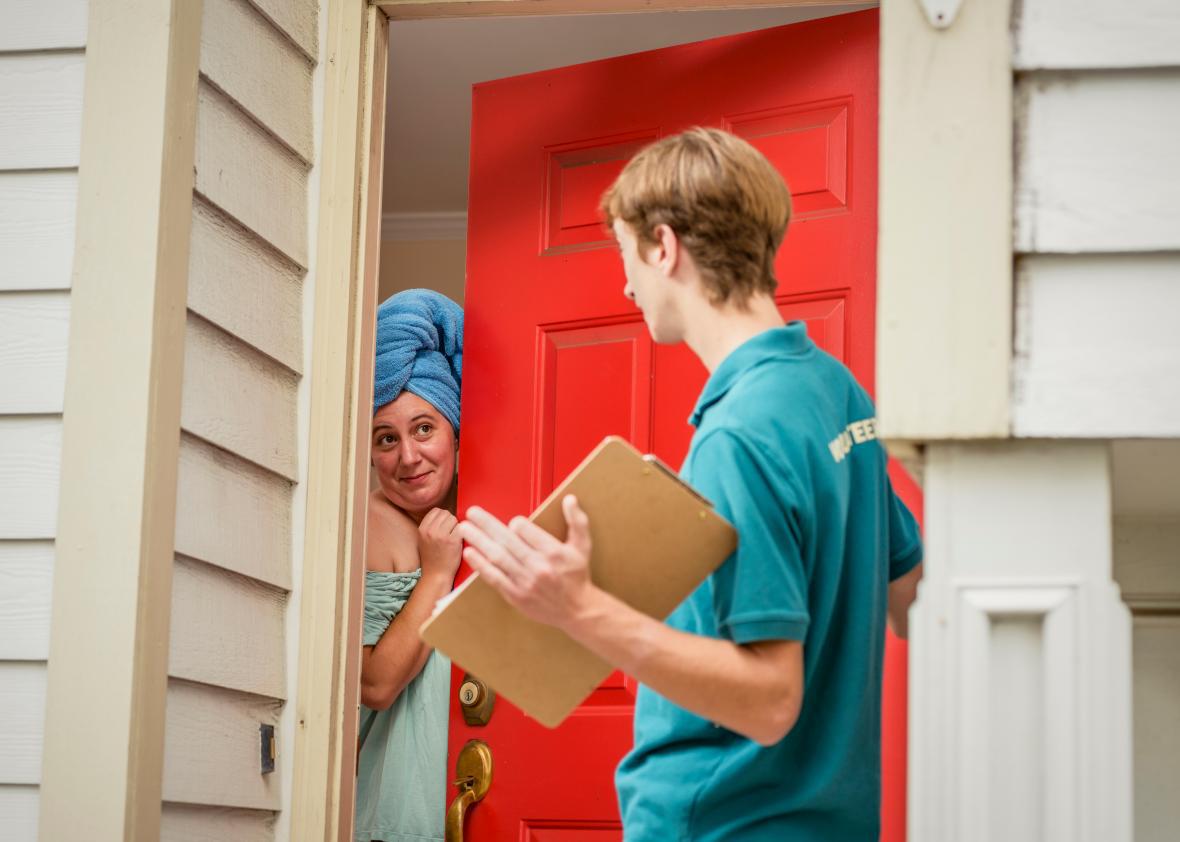Over the past 12 months, the queer community has experienced a number of shocks that chilled our optimism about LGBTQ life in America. The June shooting at Pulse nightclub in Orlando, Florida, cast a shadow over nightlife, exacerbating fears for our communal safety and our frustration that, almost 50 years after Stonewall, queer spaces are still subject to violence. And the November election sent gay couples rushing to say their vows, just in case the new administration and emboldened GOP majority attempts to reverse marriage equality.
Stepping back from these relatively fresh events, however, it’s easy to see how much we’ve gained in recent years. We’ve seen unprecedented progress for the LGBTQ rights and quality of life by almost every measure, from legal victories like the Supreme Court’s decision to support same-sex marriage to the upward trend in our cultural visibility—Emmy recognition for RuPaul, a growing embrace of queer and trans people alike in shows like Transparent. But the past year presented discouraging reminders that we still have many battles to win on the street; despite progress on the macro level, there are a lot of individual hearts and minds still to be reached. Certain events—most prominently the nation’s election of Donald Trump and his resulting choice of a strongly anti-queer transition team and cabinet—suggested that the outside world still doesn’t understand us. And moreover, our responses suggested that many queers still don’t understand the outside world—many of us live in a kind of bubble, underestimating the hate aimed in our direction, the number of people who feel it, and the power they possess.
And yet 2016 did not see our community redouble its efforts to reach out to outsiders. Instead, as I scrolled through social media and listened to the people around me, I noted an increase in expressions of anger and more desire for insularity. Especially after the election, queer folks seem to have a stronger sense of the divide between us and them. And we seem to sense that this divide is permanent—“We’ll never reach those people.” Rather than thinking more about how to break those boundaries down, it feels like we’ve decided to stick to expressing our anger within them.
When I think about the current attitudes in queer activism, I recall the drama surrounding a study called “When Contact Changes Minds.” In December 2014, a UCLA political science graduate student named Michael LaCour published a buzzy study about queer outreach. It is possible, LaCour’s results suggested, for queer people to change the hearts and minds of non-allies, in lasting ways, just by engaging them in one-on-one conversation. If a young lesbian canvasser wants to transform anti-gay folks into, in this case, a supporter of same-sex marriage, all she has to do is knock on their front door and talk about herself for about 20 minutes.
Naturally, LaCour’s study was the talk of the gay town—activist-minded queers I spoke to were excited about the possibilities it seemed to raise. And yet, on an individual level, that excitement didn’t translate into a desire for action. Few people seemed eager to participate in the kind of direct engagement activities the study proposed in our daily lives—not with friends, family, or people on the street. And when it was discovered that LaCour had faked significant parts of the data and the study was retracted, the whole concept was largely dropped from queer discourse. Even when a new study seemed to support the effectiveness of direct engagement activities, the idea never regained the same spotlight.
The LaCour mess interests me because it so perfectly illustrates the queer community’s relationship with outreach.
First, it shows how optimistic we are that talk makes change. Many of us have spent years battling our families or local communities for acceptance, with varying degrees of success. We know that homophobes hold their homophobia dear. And yet, when a study like LaCour’s suggests that a good chat is strong enough to temper hate, it seems to resonate with a deeply held belief. It touches our sense that the world will accept us if we can just explain ourselves well enough.
But second, it shows how rarely we—as individuals—truly take part in the activist strategies we claim to support. We make a lot of noise about outreach, but most of our real activism consists of talking to, venting at, and policing one another.
After this year’s crises, we gathered in gay neighborhoods and waited for queers in slogan T-shirts to yell phrases we knew by heart. At gay bars, my fellow drag queens promoted acceptance by preaching it to queers and their allies. Queer writers and bloggers like myself discussed queer rights—but mostly in queer publications. And homos everywhere tried to “raise awareness” about queer issues by posting Facebook all-caps rants for our groups of queer and queer-friendly friends. Somehow, we saw all of this inward conversation as activism. We acted as if talking within our social circles—or into the thin air of our social media spheres—was real work.
All of that talk helped us process a very difficult year—and that’s important. But now the time has come to move beyond it. I’m not necessarily suggesting that we go door-to-door like that proverbial lesbian canvasser. But each of us must figure out how to address the apparently significant portion of the nation that refuses to see us, to think about how we can reach out and truly engage people outside of our community. And we need to do it in our own ways. For every Facebook rant we posted for our friends in 2016, we should strike up a conversation with a stranger in 2017. For every time we nodded in conversation with an ally last year, we should clap back at someone who offends us this year.
Perhaps it feels unfair that the burden of reaching out should fall on us—but who else will bear it?
